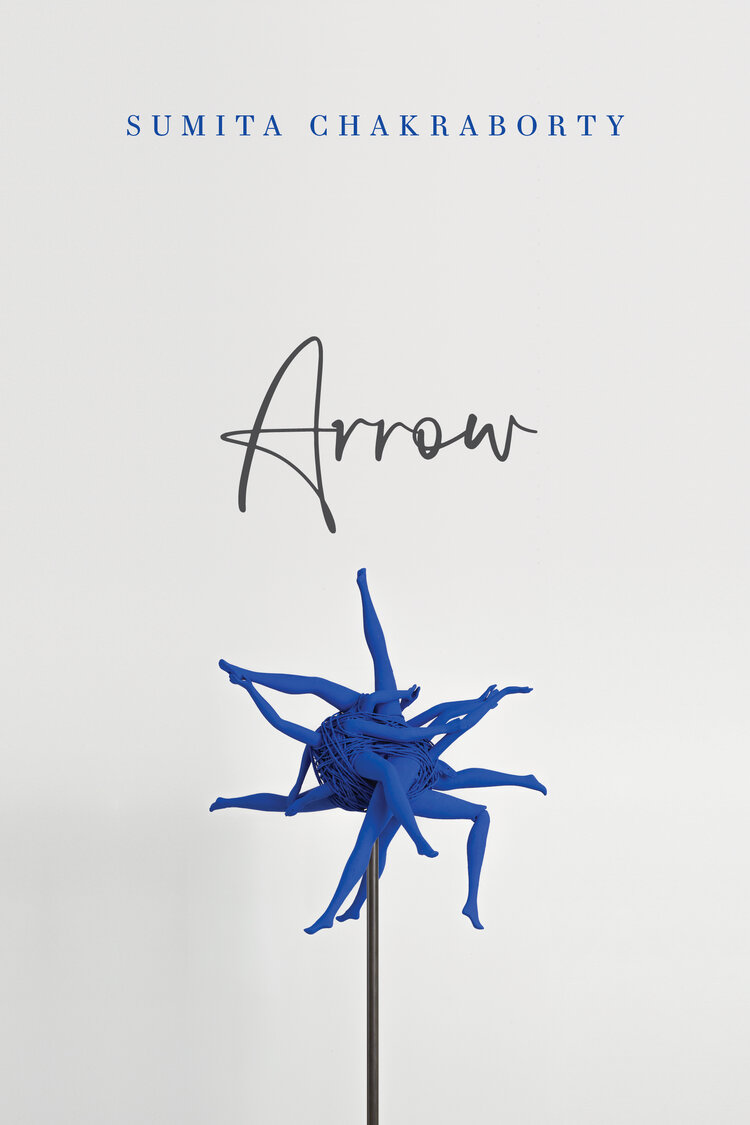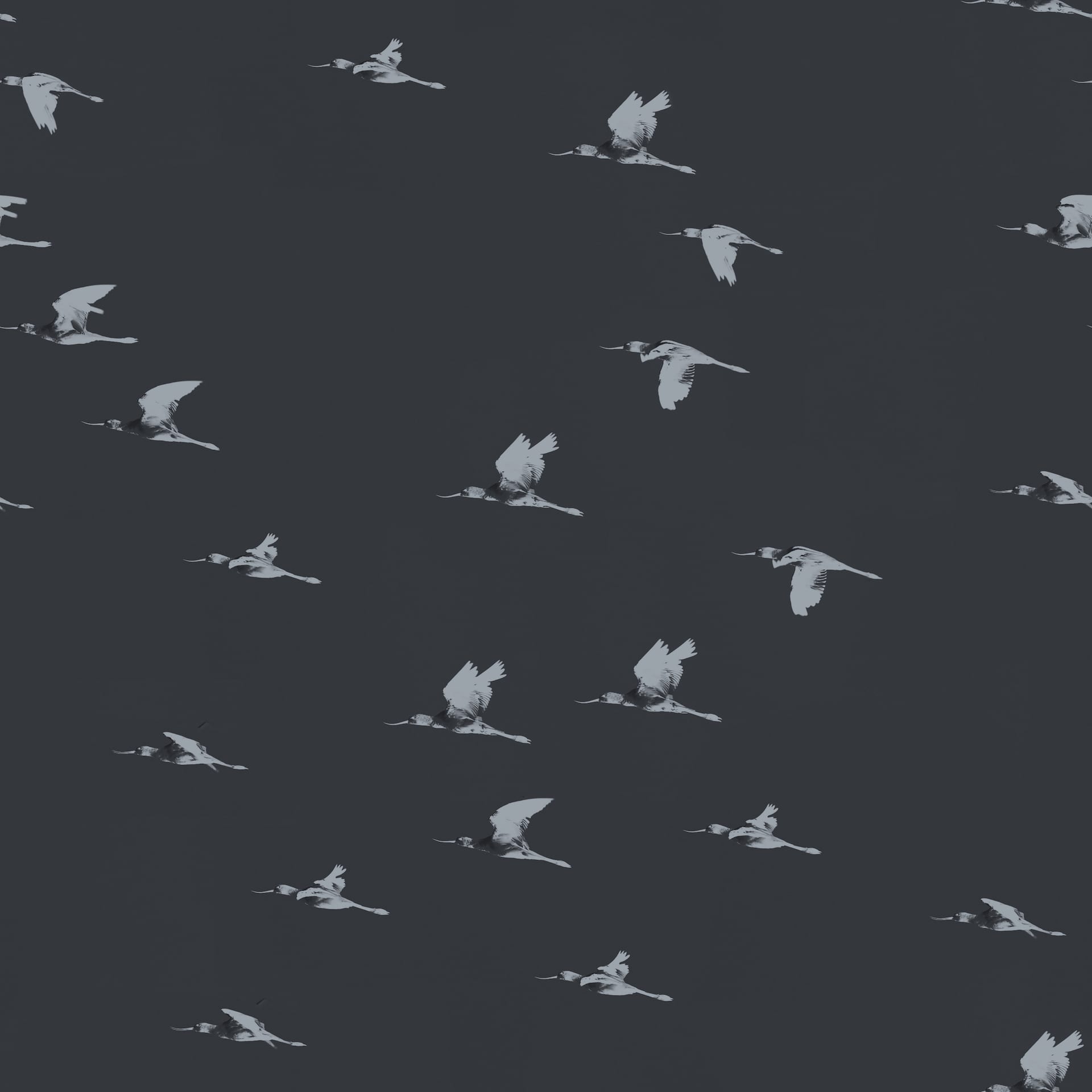Wellesley Writes It: Sumita Chakraboty
The first Wellesley Writes It interview of 2021 is up now on Wellesley Underground!

Sumita Chakraborty is a poet, essayist, scholar, and a graduate of Wellesley College, class of 2008. Her debut collection of poetry, Arrow, was released in September 2020 with Alice James Books in the United States and Carcanet Press in the United Kingdom, and has received coverage in The New York Times, NPR, and The Guardian. Her first scholarly book, tentatively titled Grave Dangers: Death, Ethics, and Poetics in the Anthropocene, is in progress. She is Helen Zell Visiting Professor in Poetry at the University of Michigan – Ann Arbor, where she teaches in literary studies and creative writing.
Sumita’s poetry appears or is forthcoming in POETRY, The American Poetry Review, Best American Poetry 2019, the Academy of American Poets’ Poem-a-Day, and elsewhere. Her essays most recently appear in the Los Angeles Review of Books. Her scholarship appears or is forthcoming in Cultural Critique, Interdisciplinary Studies in Literature and the Environment (ISLE), Modernism/modernity, College Literature, and elsewhere. Previously, she was Visiting Assistant Professor in Women’s, Gender, and Sexuality Studies, as well as Lecturer in English and Creative Writing, at Emory University.
Wellesley Underground’s Wellesley Writes it Series Editor, E.B. Bartels ’10, had the chance to chat with Sumita about publishing, reading, and writing. E.B. is grateful to Sumita for willing to be part of the Wellesley Writes It series in the middle of her book debut!

EB: Thank you so much for being part of the Wellesley Writes It series, Sumita! I’m excited to get to talk to you about writing in general, but especially your debut collection Arrow. Can you start off speaking a bit about how this book came about?
SC: Thank YOU so much! This is such a joy.
The book that’s now Arrow went through about seven prior full versions.
EB: Oh my gosh! Wow.
SC: While there’s a lot going on in there, the most fundamental story I wanted to tell was that of the experience of living in the aftermath of severe domestic violence, other entangled forms of assault, and grief (in my case, particularly for my sister, who died in 2014 at the age of 24). The word “aftermath” is a tricky one, because there is no neat and tidy “after” violence or grief, particularly when one considers the varying scales on which various devastations and mournings take place. One of the main narrative arcs of the collection, though, is that of becoming someone who can embrace love and joy and care and kinship even when those concepts have been weaponized or altogether foreclosed for all of one’s childhood and adolescence. And that’s a narrative that requires a sense of an “after” that I am deeply fortunate to have personally experienced. That’s the main tightrope the collection is invested in walking, which forms the through-line around which and with which its other preoccupations and obsessions orbit and collide.
EB: Wow, thank you so much for sharing all that, Sumita. I especially like what you said about the lack of a “neat and tidy” ending – isn’t that always the case when it comes to writing about things from our own lives? We want real-life closure but sometimes have to settle for just narrative closure instead.
I meant to say also congratulations on the publication of your collection not only in the US but in the UK as well! What was it like to put that version together? The same? Different?
SC: I was wildly lucky in this regard. Some years ago, I published the poem “Dear, beloved” in Poetry, before it was in Arrow—and in fact before this version of Arrow even existed. At that point, the editor of Carcanet reached out to me to say that the press would be interested in bringing out my collection in the UK. I kind of panicked!
EB: I totally would have, too!
SC: As I mentioned, there was no Arrow yet. I was on a much earlier version that was “complete,” but when I looked at it, I knew: This ain’t it. And querying US presses was therefore not something I was prepared to do at that time; UK publication was even less within the realm of my imagination. I essentially told them the manuscript was in progress and asked if I could reach back out when it was ready and if I had secured a US publisher. Some years later, the collection was picked up by Alice James in the States and I reached back out to Carcanet to see if they were still interested, and they were! Alice James and Carcanet worked together during the production process, so while there were certainly some differences in approaches across either side of the pond, much of it was really streamlined, and that is all thanks to the outstanding and immense labor of the extraordinary editors and staffs at both publishers.
—
Go to Wellesley Underground for the complete conversation!
Leave a Comment
You must be logged in to post a comment.


